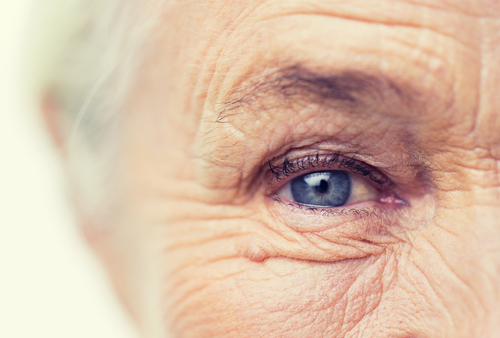
Tips for Coping with Decreased Vision
It is no secret that our vision decreases as we age. However, if you are a caregiver to an elderly parent or family member, witnessing that individual struggle with visual changes can be heartbreaking. Here are a few things that you can do to help your loved one through the process:
Make Eye Exams a Priority
It is recommended that all individuals get an annual eye exam. However, with age, regular checkups become even more important.
Learn About the Disease
There are many diseases that can cause vision loss and not all of them start in old age. Among the elderly, the three most common causes of vision loss are cataracts, glaucoma, and Age-Related Macular Degeneration (ARMD). For some diseases, such as glaucoma and ARMD, the visual changes are irreversible and cannot be corrected with glasses, contacts, or even surgery. Each disease affects vision in a different way, and these changes will require adaptation.
Find a Low Vision Specialist Near You
A low vision specialist can help by recommending devices at distance, intermediate, and near to help cope with the decreased vision. It is important to understand that these devices do not restore vision but are instead a way to allow your loved one to do important and favorite tasks despite the decreased vision. In addition to specific devices, the low vision specialist may suggest tints and lighting changes, so it’s a good idea to come ready to take notes.
A low vision appointment is different from a typical eye exam and is more comprehensive- so be prepared to spend some time in the doctor’s office.
Reassure
While your loved one may have decreased vision, it doesn’t mean that they won’t be able to function. In fact, there are several programs and specialists who are dedicated to helping those with decreased vision reclaim their life.
Provide Help
Decreased vision means that your loved one will need help with certain tasks including basics like walking and grooming. While they are learning to work with vision loss, it is helpful for them to have others around to help.
Taking care of an elderly loved one is challenging both physically and emotionally. Fortunately, Sutton In-Home Senior Care is here to help!
- Pumpkin Bars - September 10, 2021
- A Memory Worth Repeating… - August 25, 2021
- A Mid-Week Surprise - August 20, 2021